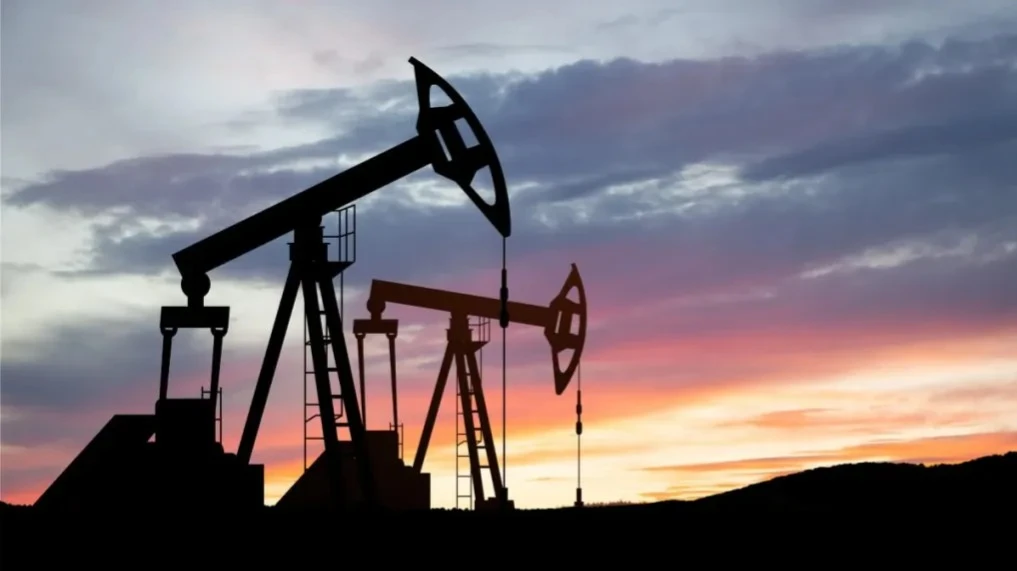Oil giants cut investment and staff at record pace since pandemic - FT
ExxonMobil appears to be the most resilient of the major Western oil and gas companies so far

The world's largest oil and gas companies are laying off employees, cutting costs and scaling back investment programs at the fastest pace since the market collapse during the pandemic, the Financial Times has learned. Management at oil giants are preparing for a prolonged period of low oil prices. According to some forecasts, the price may fall below $60 per barrel by the end of the year.
Details
Due to low oil prices, Chevron, BP and other oil and gas industry leaders have eliminated thousands of jobs, while additional cost-saving measures for tens of billions of dollars more are announced, the FT writes. Investment plans are being revised: some projects have been put on hold or put up for sale as companies seek to balance budgets.
Low-margin shale oil producers in the US have been particularly hard hit, says the Financial Times. Last week, ConocoPhillips became another company that decided to cut staff in response to the recession.
"This is not just a problem for Conoco. It's a flashing warning red signal for the entire US oil and gas industry," Kirk Edwards, head of Texas-based independent oil producer Latigo Petroleum, told the FT.
Even the largest state-owned companies have not escaped problems, the newspaper notes. For example, Saudi Aramco is selling a $10 billion stake in a gas pipeline to a consortium led by BlackRock to replenish liquidity, and Malaysia's Petronas is laying off more than 5,000 employees.
What the analysts are saying
The U.S. Energy Information Administration (EIA) in August warned of the risk of a significant decline in oil prices, as the increase in the supply of raw materials on the global market is far outstripping the growth in demand for oil products. The EIA expects the average spot price for Mark Brent to fall below $60 per barrel as early as the fourth quarter of 2025. This will be the first quarter since 2020 with such low average prices, the Office noted.
According to Wood Mackenzie's forecast, the cost of the benchmark Brent oil grade will fall below $60 per barrel in early 2026 from the current $66-67. If there are no geopolitical shocks, prices may remain at this level for several years, the consulting company believes.
At prices below $60, none of the major Western oil companies will not be able to simultaneously finance investment projects, pay dividends and conduct share buybacks in the volumes expected by investors, notes the FT. According to Morgan Stanley's forecast, companies will begin to reduce buyback programs. BP in August initiated a review of the efficiency of its business and cost program.
Analysts agree that against this background, ExxonMobil is in the best position among the oil majors - thanks to its low debt load and strong free cash flow, writes the FT.
What about the stock
Shares of the five "supermajors" BP, Chevron, ExxonMobil, Shell and TotalEnergies are lagging the market in both Europe and the US in 2025.
Since January, ExxonMobil securities rose 2.1% and Chevron rose 6.3% in New York. BP and Shell rose by 7% in London. Quotes TotalEnergies in Paris sagged by 1.9%. Over the same period, the U.S. index S & P 500 added 10.4%, Stoxx Europe 600 - more than 8%.
According to FactSet data, stock analysts on average consider shares of all five companies attractive. Consensus rating of each of them is "above market" (Overweight, corresponds to the recommendation to buy).
This article was AI-translated and verified by a human editor
